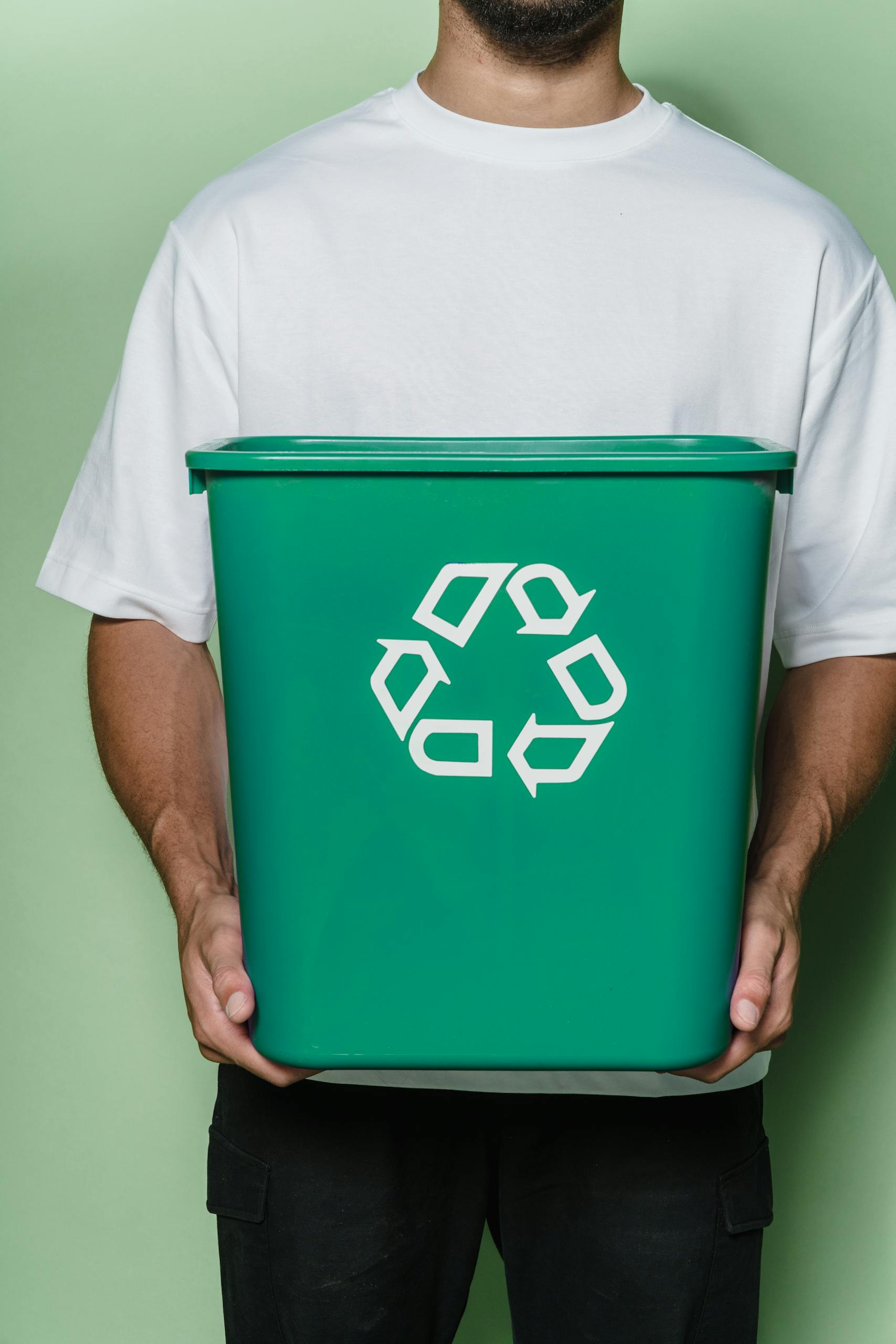Who Is More Committed to Recycling — Older or Younger People? New Data Tells Surprising Story

Recycling and other environmentally friendly activities are gaining traction among Americans, but the extent of participation varies significantly by age and gender. A recent survey conducted by CivicScience between January and June 2024 reveals intriguing insights into the recycling habits and other green practices of over two million respondents.
How concerned are you about the impacts of extreme heat? Take our poll
Most Expensive EV? –$500,000 Ferrari
Nearly half of the respondents reported recycling paper, plastic, or metal every chance they get. This marks a slight increase from the previous year, where 45% of respondents indicated the same level of commitment. Convenience plays a significant role, with one in five recycling only when convenient. Interestingly, 14% of
respondents admitted to never recycling, which has remained consistent over the past year. Age appears to be a crucial factor in recycling habits. Older adults, particularly those aged 65 and older, are the most diligent recyclers, with a quarter of them recycling every chance they get. In contrast, younger adults aged 18-24 are less consistent, with only 8% recycling regularly.
Gender Difference
Gender differences are less pronounced, with a nearly even split between males and females who recycle consistently. The data shows a mixed picture when it comes to using reusable shopping bags. Approximately one-third of respondents use reusable bags every chance they get, a slight decrease from the previous year. Another 20% use them if convenient, while 22% never use them at all. Older adults again lead the way, with 25% of those aged 65 and older always using reusable bags. Gender differences are more noticeable here, with 58% of consistent reusable bag users being female. Purchasing environmentally friendly products or services is another area where commitment varies. Nearly 40% of respondents prioritize buying green products, up from 34% the previous year. However, nearly half do not prioritize this at all. Older adults are again the most committed, with 23% of those aged 65 and older prioritizing it. Gender differences are evident, with 57% of those prioritizing green purchases being female.
State breakdown
Not surprisingly, three states (Vermont, Washington, Oregon) lead the way, with nearly 50% committed to purchasing environmentally friendly products. Alabama and Louisiana rank lowest regarding this practice. These findings suggest a growing but uneven commitment to environmentalism among Americans. Older adults consistently show higher levels of engagement in green practices, while younger adults lag. Gender differences are also notable,
particularly in using reusable shopping bags and purchasing environmentally friendly products.
These trends indicate a potential for increased environmental engagement, particularly if younger adults can be encouraged to adopt more sustainable practices. Public awareness campaigns and incentives could play a crucial role in bridging this gap. As the climate crisis escalates, fostering a culture of environmental responsibility across all age groups and genders will be essential for meaningful progress.
CivicScience’s data collection methods involved surveying over two million users through online questionnaires. This extensive dataset provides a robust foundation for analyzing trends and forecasting future developments in environmental practices. By understanding who is recycling and engaging in other green activities, policymakers and environmental organizations can better tailor their strategies to promote sustainability.
Climate Crisis 24/7 used generative AI technology to help produce this article, which a human editor at Climate Crisis 24/7 edited. Climate Crisis 24/7 is dedicated to accuracy and transparency; any article that uses AI will be noted.






